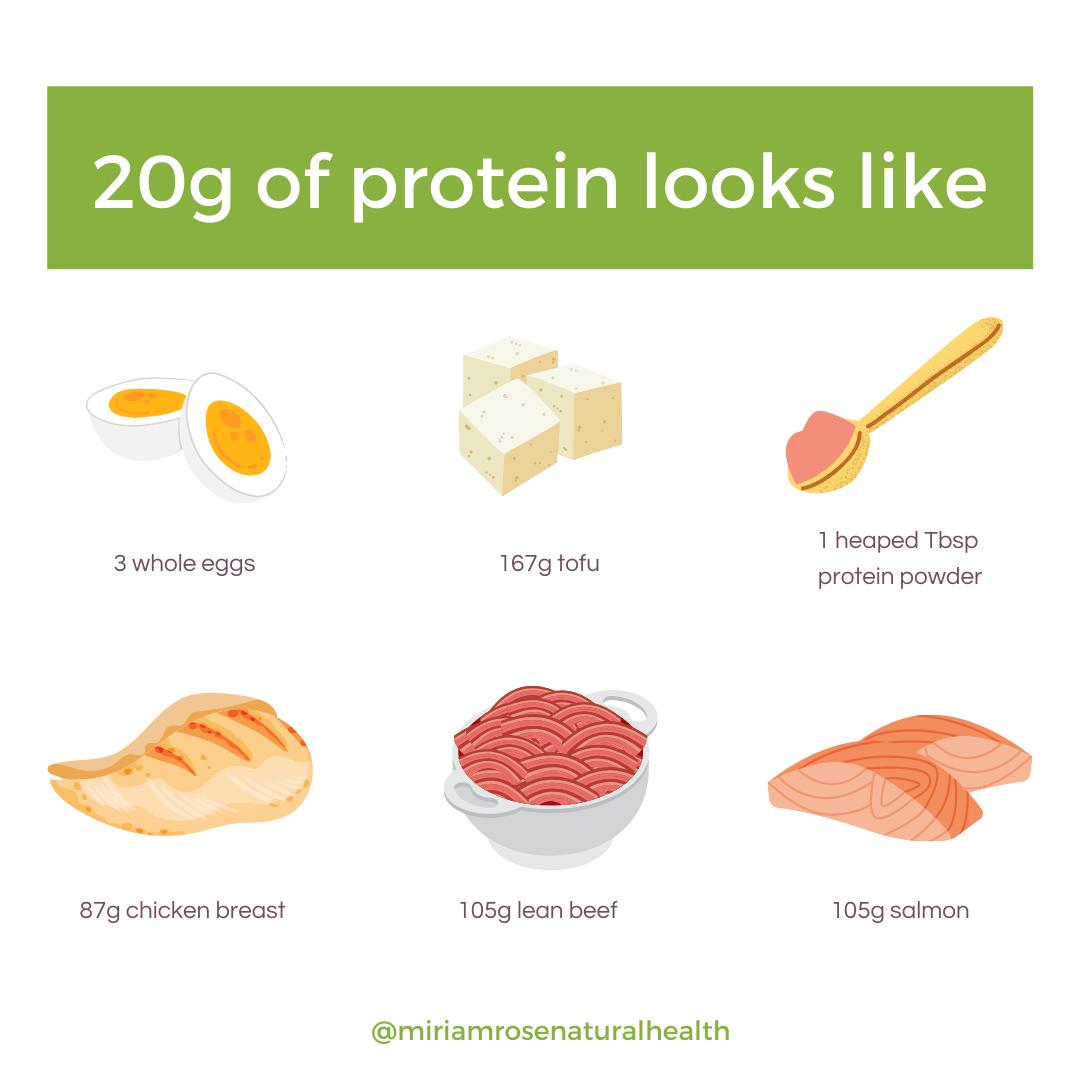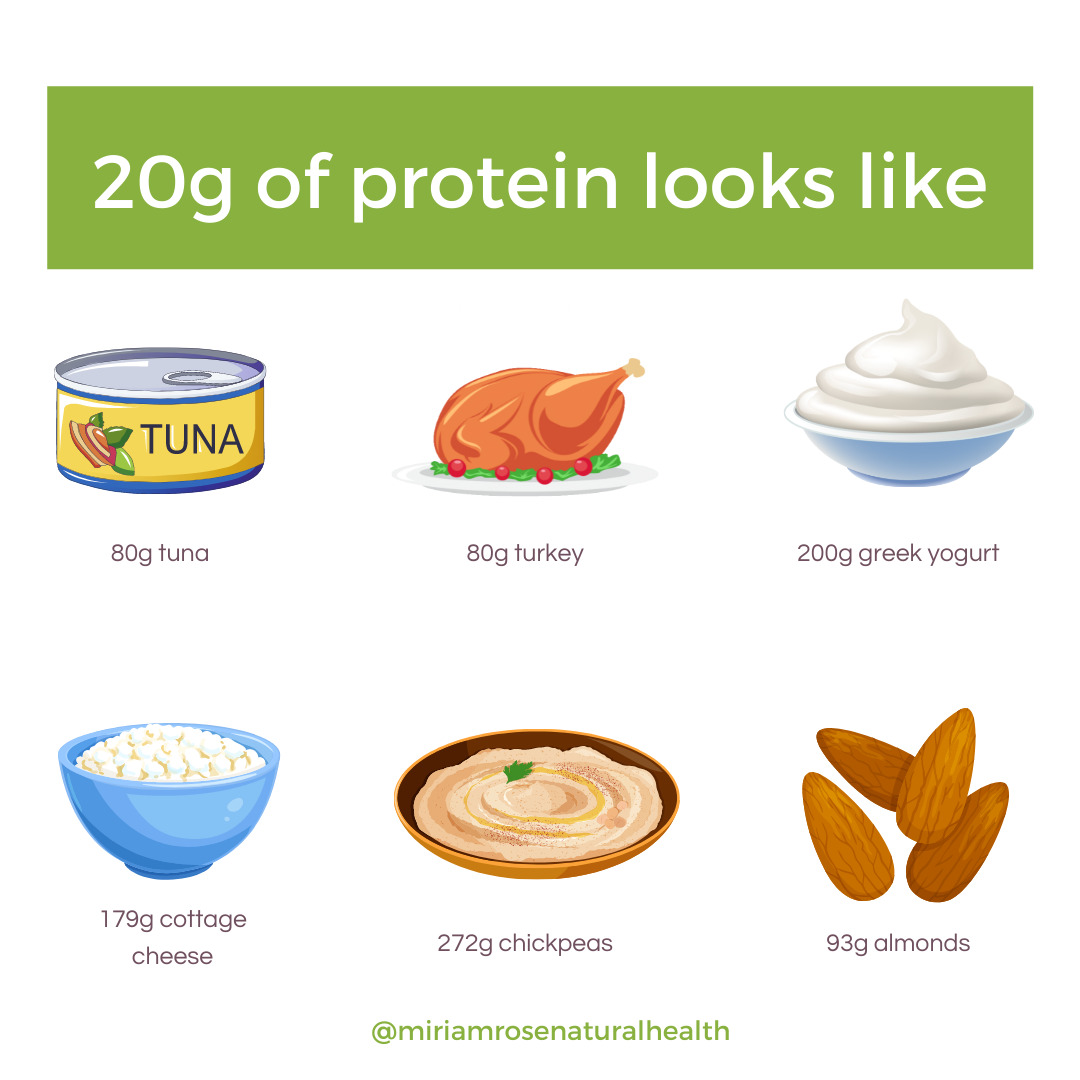Why intermittent fasting is so good for you
Since childhood, many of us have had drummed into us that ‘breakfast is the most important meal of the day’. Skipping breakfast is often looked down upon as an unhealthy trait, that can hinder weight loss and increase our likelihood to eat badly throughout the day. Is the popular colloquialism actually true? Is breakfast really the most important meal of our day?
New research has shown that eating a traditional meal structure may not be the only way to eat healthy. In fact, intermittent, regular fasting has demonstrated a myriad of health benefits. Interestingly, the idea that ‘breakfast is the most important meal of the day’ only came about recently, and was pioneered by cereal companies so they could sell more breakfast cereals. Now when I say fasting you probably jump to thinking the worst. ‘Won’t I be starving?’ ‘Won’t that make me feel tired and lethargic?’ The answer is no, not if it’s followed correctly! Once your body gets into a rhythm with fasting, you’ll actually find you feel the opposite.
So what is intermittent fasting?
Fasting is to keep from having food or drinks containing calories. Therefore, intermittent fasting involves cycling between periods of fasting and periods of unrestricted eating. This may mean a period of literal fasting (no calories) or a period of restricted eating depending on your structure.
There are 3 main types of intermittent fasting:
1. Alternate Day Fasting
This involves a regular cycle of eating normally every other day, with no eating or restricted eating on the alternate days. This method can be popular for those who don’t want to fast every day.
2. Whole Day Fasting
The most common example of whole day fasting is the 5:2 diet. This suggests a couple of days fasting or eating with a caloric restriction followed by unrestricted eating on the other 5 days.
3. Time-Restricted Feeding
With time-restricted feeding, you set a designated time frame for fasting every day. A common breakdown is 16:8, which means you fast for 16 hours everyday and eat all your daily calories in an 8 hour period.
This is my personal favourite! It can be done quite easily by simply adjusting your meal times. I find it works best by skipping breakfast and eating between the hours of 11am and 7pm.
Why is intermittent fasting good for you?
Promotes weight loss
When we fast, we encourage our body to use up our fat stores, promoting weight loss. Initially, when our body has been deprived of food, it uses glucose stored in the liver, known as ‘glycogen.’ However, if we extend our period of fasting, our body starts to tap into other energy stores including (like fat!). If we are constantly fuelling our body with enough energy for general functioning, it will never be required to use its stores. This is why so many individuals who practise ‘regular snacking’ find it so difficult to lose weight, the body never has a chance to use its storage!
Reduces blood glucose levels and insulin sensitivity
Another positive effect of fasting is its ability to lower blood glucose levels and reduce insulin sensitivity. This can help prevent diseases such as diabetes, as it allows the body to utilise glucose as energy more efficiently as opposed to constantly circulating in the blood stream due to regular eating. This is also part of why intermittent fasting enables you to feel so energised!
Reduces inflammation
Through better research, we’re learning that inflammation is the root of many diseases. This includes diseases such as asthma, autoimmune diseases, arthritis, cardiovascular diseases, gut issues and even mental health disorders. Recent studies have shown that intermittent fasting reduces inflammatory markers in the body.
This is because the fasting period allows for better time for cell repair and recovery, especially in the gut! Think about your gut like a road – a road cannot be mended if cars are constantly driving along it. This is why fasting enables your gut lining to be able to mend and repair itself.
Think about your gut like a road – a road cannot be mended if cars are constantly driving along it. This is why fasting enables your gut lining to be able to mend and repair itself.
Benefits your gut microbiome
Just like when you are fasting, the bugs inside your gut are also fasting! This allows certain ‘bad bugs’ to starve and make way for ‘good bugs’ on the lining of the gut wall. Studies have shown that intermittent fasting allows for beneficial bacteria including Helicobacteraea to increase in abundance, as well as reducing unhelpful strains of bacteria.
Improves brain function and cognition
Fasting has been shown to increase Human Growth Hormone (HGH), which improves brain neuron processing and increases the rate of cerebral tissue repair. This helps our brains to function more effectively! I find that my periods of fasting are my most productive times. It brings me a sense of clear-mindedness and better focus.
Improves cardiovascular health
In some cases, it’s been shown that fasting can increase your good cholesterol (HDL) and decrease your ‘bad’ cholesterol (LDL) levels. It has also been known to lower your risk of having a heart attack, as well as improve survival rates following a heart-attack.
Other benefits
Additionally, intermittent fasting can improve your immune function due to the positive effect it has on the gut microbiome, enhance your production of skin, hair and nails and improve your bone and muscle density.
How I use intermittent fasting
As I mentioned above, I personally like the time-restricted feeding method. For me, this means eating for 8 hours per day and fasting for 16. In order to do this, I’ve arranged my meal times to fit me, my hunger and my schedule best. I like to break my fast around 11am with a large, wholefood breakfast/brunch. I then have a few snacks in the afternoon (such as a piece of fruit and nuts), then a regular sized dinner – making sure I finish eating before 7pm!
While intermittent fasting can look different for everyone, I have a few tips to help you get the most out of fasting whatever method you choose.
1. Work to not binge on the days or times you are eating unrestricted. While it can be easy to see ‘unrestricted’ as ‘go crazy and eat everything’, this will counter the health benefits of fasting in the first place.
2. Focus on eating healthy, whole and sustaining foods. This will not only help you not to binge, but make you feel fuller for longer as well as feed your mind and body better. One way to ensure your meals are wholesome and filling is to ensure that each meal has at least 20g of protein content. Fasting for long periods of time and then NOT breaking the fast with a wholesome, filling meal will send a signal to your brain that you are in a famine, and your body will switch over into a “fight or flight” or “stress” nervous system state. In order to keep your body feeling safe and nourished, break your fast with a wholesome meal. For some women, intermittent fasting and then not breaking the fast with a protein-rich meal may disrupt their menstrual cycles and impact their fertility and ovulation. If this happens to you, it’s a sign that you’re either fasting for too long, or you’re not breaking your fast with a meal that is rich in enough protein and calories.


3. Ease into intermittent fasting at your pace. You don’t have to do it everyday! You can start with once a week, move on to twice a week and gradually build up your comfort with fasting until it becomes something you feel comfortable doing every day.







